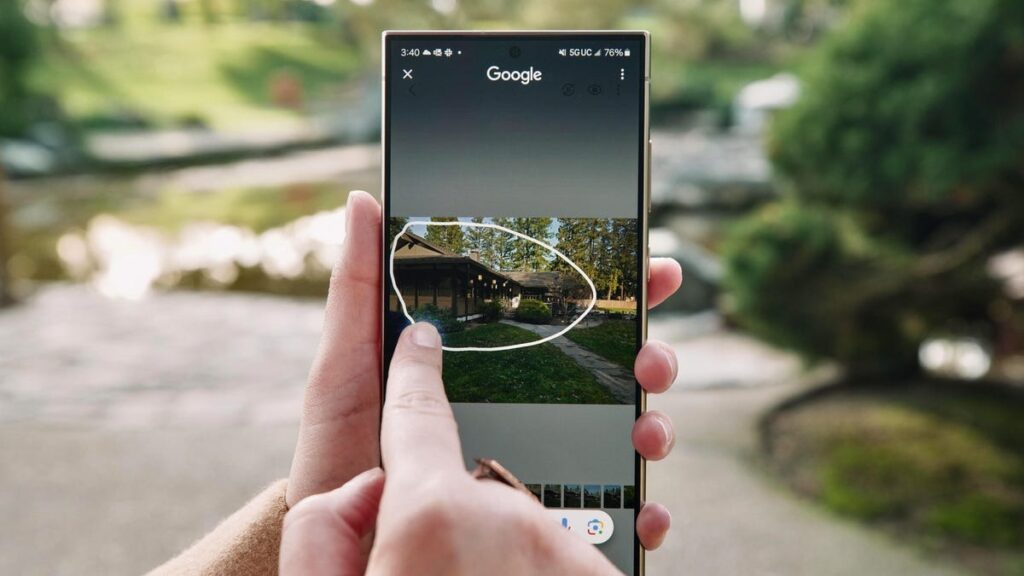The mobile technology universe is swirling with speculation that Samsung may extend its “Galaxy AI experience” beyond just its own devices. While factual details remain sparse, the possibility of these AI functionalities landing on rival smartphones has kicked the tech community’s imagination into overdrive.
Let’s analyze what exactly the Galaxy AI offering includes, the feasibility and potential implications of it spreading to new hardware ecosystems, and ultimately what this development could signal for the future of on-device artificial intelligence.
A Glimpse Under the Galaxy’s AI Hood
First, what comprises Samsung’s nascent Galaxy AI suite? At a broad level, the goal is infusing key user experiences with more intuitive smarts and automation-driven efficiency:
- Smarter Communication: Chat Assist translates messages in real-time, breaking down language barriers.
- Creative Sparks: Generative Edit lets users resize, reposition, or realign photo objects with ease.
- Accelerated Editing: Edit Suggestion optimizes images with one tap, saving effort.
For now, Samsung is rolling these capabilities out to its newest flagship models like the Galaxy S23 series. But recent hints indicate potential plans to spread compatibility beyond Samsung’s walls.

Feasibility of Opening the AI Floodgates
This begs the question – can such proprietary AI features realistically migrate to competing mobile hardware and operating systems?
Certain challenges undoubtedly exist regarding technical constraints, business incentives, and user experience integrity:
- Hardware Variations: Features would need adaption to accommodate differences in processing chips, camera sensors, etc.
- Software Fragmentation: Integration with iOS, Android OS variants would require extensive software development.
- Responsible Innovation: Samsung would need to ensure rigorous testing, security, and ethical AI practices remained intact.
However, with substantial engineering investments and cross-platform collaboration, Samsung could achieve this ambitious objective. For example, by publishing open AI frameworks or APIs for developers. This could mirror Apple’s strategy of bringing core iOS features like iMessage to Android devices.
Implications of Opening the AI Floodgates
Regardless of the challenges, if Samsung succeeds in spreading its Galaxy AI Wings beyond its own nest, the ripple effects could prove significant:
- Booming AI Adoption: Mainstreaming AI could accelerate user comfort, familiarity, and dependency on AI-driven mobile experiences.
- Healthy Competitive Spark: Google, Apple, and others would likely counter with expanded AI capabilities, benefiting consumers.
- Opens Door to Collaboration: Samsung sharing innovations openly could motivate a broader spirit of cooperation on ethical, responsible AI progress.

Perspectives on Approaching Open AI Era
We asked several experts across the mobile and AI domains for their thoughts on Samsung’s willingness to spread its AI advancements:
This strategy shows tremendous vision by essentially giving away its secret sauce. While risky, it could establish Samsung as a leader in catalyzing the next phase of AI development.”
– Aruna Jenkins, Principal Mobile Insights Analyst
“Expanding proprietary AI could yield short term gains but risks others ultimately using Samsung’s foundations to leapfrog them. Strategic partnerships seem essential to prevent that outcome.”
– Nick Caldera, AI Ethics Researcher
Their insights emphasize both the bold upside and challenges inherent in such an open AI approach. Achieving the best possible outcome for all requires careful coordination.
Share Your Perspective on Spreading AI Wings
We’ve explored Samsung’s potential motives, feasibility challenges, and possible impacts of expanding its Galaxy AI capabilities more universally. Many open questions remain regarding implementation details and long term ripple effects.
What are your thoughts on this unauthorized expansion speculation? Does this signal a new phase in mobile AI development? What do you see as the key barriers or risks regarding such a strategy? How could Samsung distribute its AI advancements responsibly?
Please share your feedback, analysis, and questions via the comments. Let’s keep exploring collaborative paths to a more intelligent, empowering, and ethically-grounded mobile future driven by AI innovation.










Add Comment